Harvard Diabetes Update 2025
75 $
Format : 13 videos + 31 pdfs, size: 12.1 GB
The Harvard Medical School Diabetes Update
Diabetes Update will be held online this year, using live streaming, electronic Q&A, and other remote learning technologies.
EDUCATION to MEET THE CHALLENGES of DIABETES CARE
At a time when our diabetes knowledge and treatment options have advanced so much, why do clinical outcomes remain suboptimal, with so many patients unable to achieve good control of their disease?
The answer is rooted in four challenges:
Keeping pace with rapidly advancing clinical options for diabetes care:
Therapies
Technologies
Lifestyle medicine interventions
Designing comprehensive therapeutic interventions based on frequent diabetes-associated diseases and complications
Accounting for a patient’s unique biological, psychological, social, financial, educational, and cultural factors
Overcoming structural health care barriers that require clinical strategies to fit within a particular mold
This course is designed to equip clinicians to meet these challenges, providing practical, evidence-based approaches to optimize care for your patients.
STRATEGIES, UPDATES, and BEST PRACTICES for STATE-OF-THE-ART DIABETES CARE
This program affords you the opportunity to learn from leaders in the field of diabetes who are distinguished for their outstanding teaching, knowledge, and innovations in clinical care.
Participants can rely on this program for comprehensive education to ensure state-of-the-art treatment. Coverage includes:
Designing more effective treatment plans
Current anti-diabetes medications and how to use them
Diagnosis of different types of diabetes
Utilization of recent technology advances in diabetes care
Optimizing care for people with obesity
Assessing and treating cardiovascular and renal complications
Guiding patients on physical activity and medical nutrition
Management of hypertension and dyslipidemia
Addressing low engagement in therapy
NEW DATA and PRACTICE GUIDELINES for DIABETES CARE
The newest data on the identification of different types of diabetes
The latest scientific information on how to reduce cardiovascular and renal disease risk in patients with type 2 diabetes
New guidelines and practice recommendations for nutrition and physical activity coupled with instruction to incorporate them into your current approaches to diabetes care
Criteria to navigate the controversial data related to some anti-diabetes medications
Medical vs. surgical management of obesity
New technologies in diabetes care: updates and implications for day-to-day care
Research breakthroughs
Tips and tricks for navigating barriers within health care systems
ASSESSMENT and TREATMENT of COMPLICATIONS from DIABETES
The 2025 program provides education to assess and treat:
Cardiovascular Disease
Congestive Heart Failure
Renal Disease
Metabolic-Associated Steatotic Liver Disease
OPTIMIZING HEALTH OUTCOMES for DIVERSE PATIENT POPULATIONS
This program also provides comprehensive guidance to account for biological, psychological, emotional, social, financial, and cultural factors that impact the development and progression of diabetes.
Coverage includes:
Racial and ethnic minorities
The elderly
People with obesity
Patients at high cardiovascular risk
Individuals with low engagement in therapy
Patients at low socio-economic levels
Subjects with low health literacy/education
Individuals with depression/emotional distress
Patients with metabolic liver disease
+ Topics:
April 29 A Practical Exercise Session Demonstration.pdf
April 29 Current Dietary Recommendations in Diabetes and Obesity.pdf
April 29 Does When You Eat Matter Intermittent Fasting, Circadian Rhythms, and Food Order.pdf
April 29 Exercise Recommendations in Type 2 Diabetes and Obesity.pdf
April 29 Improving Diabetes Care by Addressing Patient, Health Care Professional, and Health Care System Factors.pdf
April 29 Is It Type 1 Diabetes, Type 2 Diabetes, or Something Else.pdf
April 29 The Connection Between Diabetes Phenotypes and Social Determinants of Health.pdf
April 30 Dyslipidemia Management in the Patient with Diabetes.pdf
April 30 Health Implications of Overweight and Obesity A Focus on Sleep Disorders.pdf
April 30 Hypertension Management in the Patient with Diabetes.pdf
April 30 Lifestyle Modification in Obesity Does It Work.pdf
April 30 Metabolic Dysfunction-Associated Steatotic Liver Disease (MASLD) A 2025 Vision.pdf
April 30 Pharmacological Management What Intervention and When.pdf
April 30 Surgical Management of Obesity An Update.pdf
Day1_91021609170_2025-04-29_Q&AReport.csv
Day2_91021609170_2025-04-30_Q&AReport.csv
Day3_91021609170_2025-05-01_Q&AReport.csv
Day4_91021609170_2025-05-02_Q&AReport.csv
Diabetes Update 2025- Recordings.mp4
Diabetes Update 2025- Recordings_10.mp4
Diabetes Update 2025- Recordings_11.mp4
Diabetes Update 2025- Recordings_12.mp4
Diabetes Update 2025- Recordings_13.mp4
Diabetes Update 2025- Recordings_14.mp4
Diabetes Update 2025- Recordings_3.mp4
Diabetes Update 2025- Recordings_4.mp4
Diabetes Update 2025- Recordings_5.mp4
Diabetes Update 2025- Recordings_6.mp4
Diabetes Update 2025- Recordings_7.mp4
Diabetes Update 2025- Recordings_8.mp4
Diabetes Update 2025- Recordings_9.mp4
May 1 Artificial Intelligence in Diabetes Care Fact or Fiction.pdf
May 1 Continuous Glucose Monitoring A 2025 Vision.pdf
May 1 Coronary Artery Disease Evaluation and Management.pdf
May 1 Evaluation of Chronic Kidney Disease.pdf
May 1 Heart Failure in the Patient with Diabetes An Update.pdf
May 1 Insulin Pumps, Closing the Loop Where Do We Stand.pdf
May 1 Prevention and Management of Chronic Kidney Disease.pdf
May 2 GLP-1 Receptor Agonists An Update.pdf
May 2 Insulin Therapy in the Patient with Diabetes.pdf
May 2 Lack of Adherence to Therapy and Clinical Inertia How to Overcome Them.pdf
May 2 Mineralocorticoid Receptor Antagonists Role in Diabetes Care.pdf
May 2 SGLT-2 Inhibitors An Update.pdf
May 2 Traditional Medications (Biguanides, SUs, TZDs, Alpha-Glucosidase Inhibitors).pdf
Be the first to review “Harvard Diabetes Update 2025” Cancel reply
You must be logged in to post a review.


 Smiley Aesthetics Julie Horne The Art & Science of Lip Enhancements: Safe, Sustainable & Natural Results
Smiley Aesthetics Julie Horne The Art & Science of Lip Enhancements: Safe, Sustainable & Natural Results 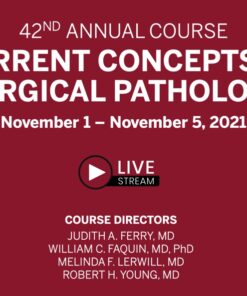 Harvard 42nd Annual Current Concepts in Surgical Pathology 2021
Harvard 42nd Annual Current Concepts in Surgical Pathology 2021 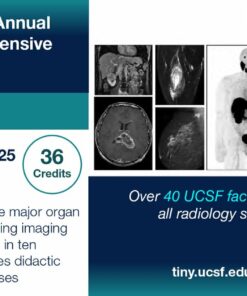 UCSF Radiology Annual Review 2025
UCSF Radiology Annual Review 2025 

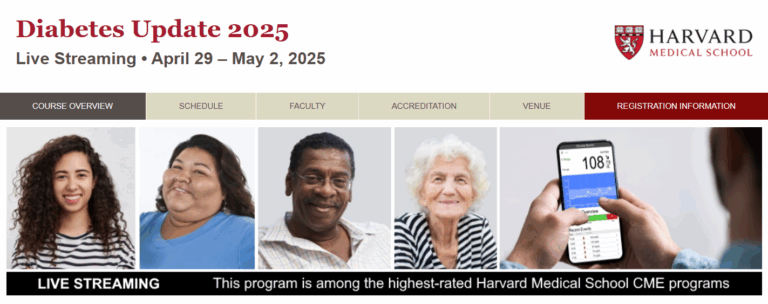


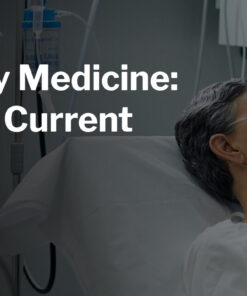





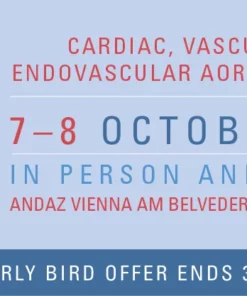












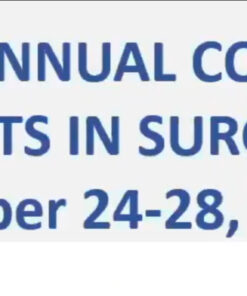

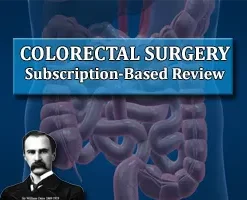

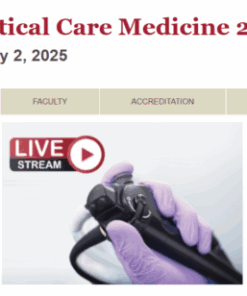


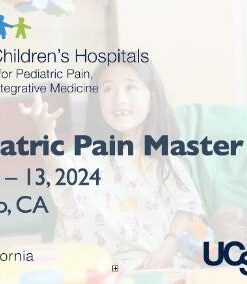

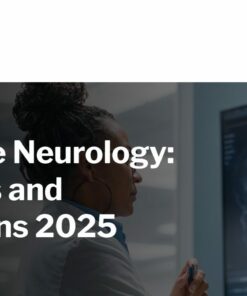






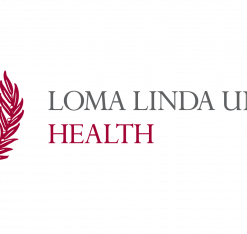

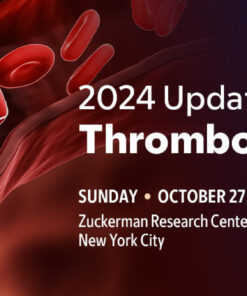
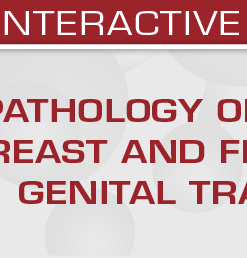
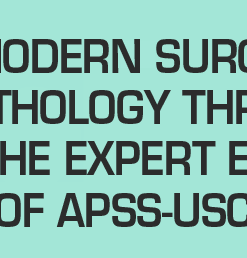

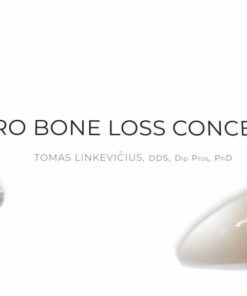






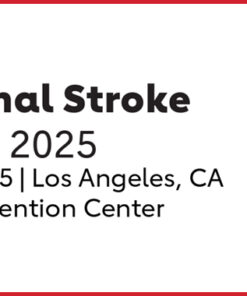
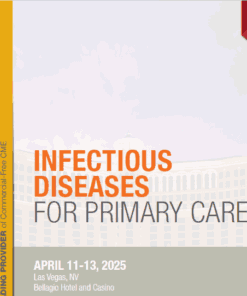
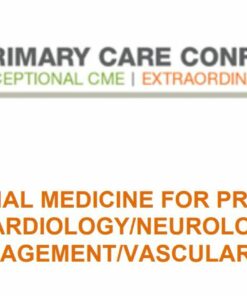
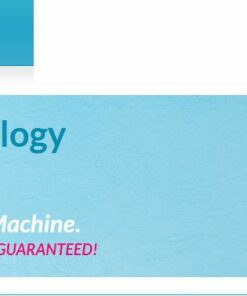
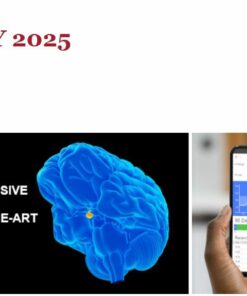



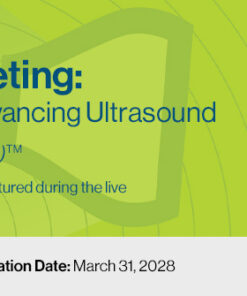



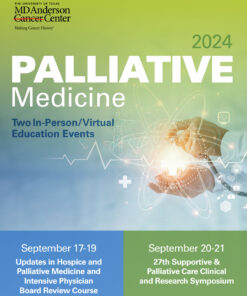

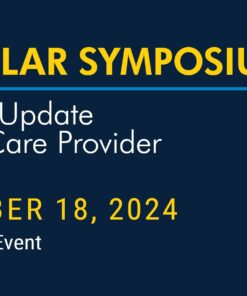
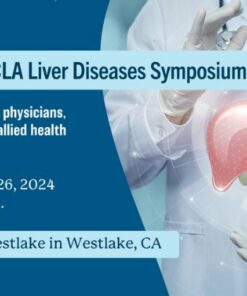
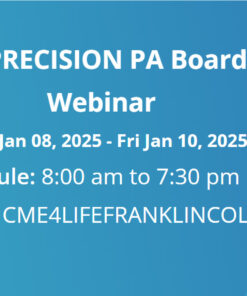

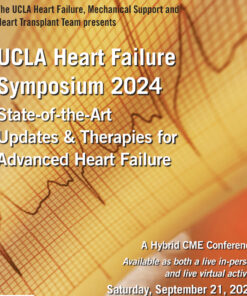
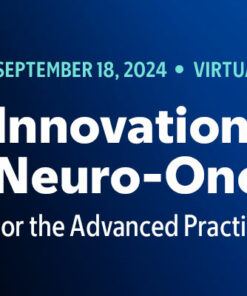
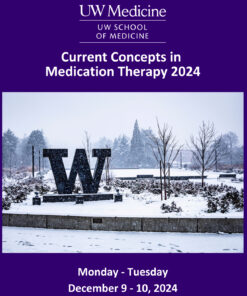

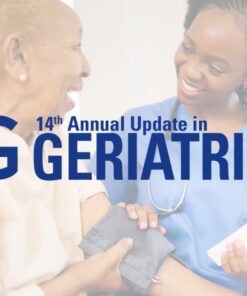




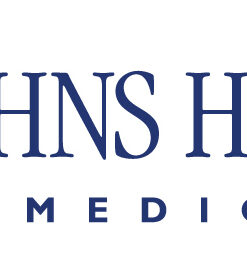







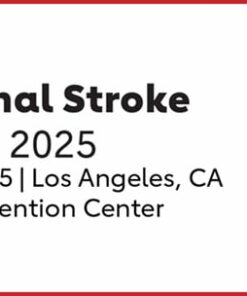

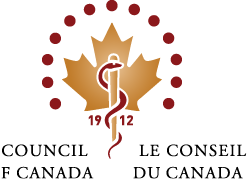
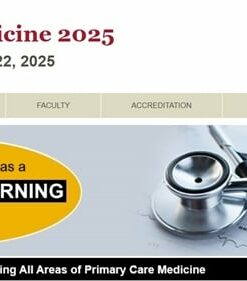

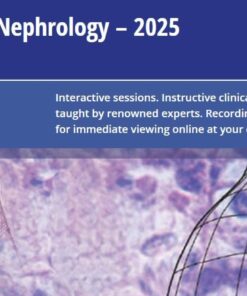



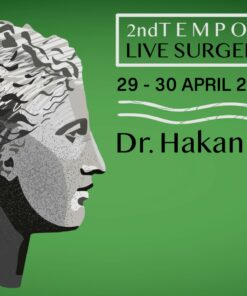
Reviews
There are no reviews yet.